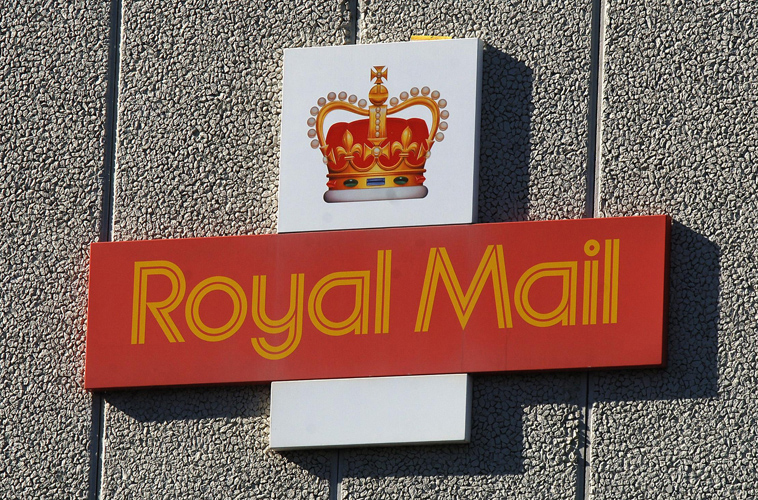
There were 2.71 million debts to the council referred to the service of ‘enforcement agents’, a number the Money Advice Trust (the charity that runs National Debtline and the Centre for Social Justice) believes is too high.
That’s despite the number of those who owe for their council tax bill falling.
Of those debts, 1.3 million were for council tax payments, which is 100,000 less than in 2018/19. A further 1.2 million were for unpaid parking fines and 127,000 were for debts including housing benefit overpayment, business rates and commercial rents.
While the number of council tax debts dropped, the total cash owed in council tax arrears is a record £6.2bn, which is a 9% rise on last year’s amount, according to Government data. This figure is accumulative, which accounts for previous money owed, too.
The number of council tax debts being sent to the bailiffs was the same number of households (1.3 million) that were behind on their council tax during 2022/23.

Why Life Insurance Still Matters – Even During a Cost-of-Living Crisis
Sponsored by Post Office
When do bailiffs get involved?
In the event of falling behind on council tax, the reinforcement agents have the right to remove and sell goods from your property for the money you owe. However, the debt collection service will inform you of the outstanding balance owed, which will often include the bailiff’s operating costs.
Their involvement may occur if you miss the two reminder notices. You will then be asked to pay the full year’s bill should you not pay the council tax arrears within seven days of a final third reminder.
After that, the council can then either make legal demands to obtain the debt or even from your employer directly from your wages.
As well as those methods, the council can also apply to take the money out of any benefits you are claiming including income support, Universal Credit and Pension Credit.
Overall, the distribution of enforcement agents has slightly decreased by councils in the period in which millions experienced the cost-of-living crisis, with two-thirds (59%) dropping the frequency of their use since 2018/19.
But, less than 10% of local authorities have a policy in place that exempts people receiving Council Tax Support from bailiff action.
Indeed, less than half have a formal vulnerability policy in place, which is lower than it was four years before. This has led to calls for the Government to introduce policies that protect the most vulnerable people on low incomes from the stress of having bailiffs arrive at their door.
‘Facing bailiffs can be deeply distressing’
Steve Vaid, chief executive of the Money Advice Trust, believes despite the “crucial” need for council tax payments to fund local areas, the use of enforcement agents “remains too high”.
Vaid said: “Facing bailiff action can be a deeply distressing experience, and risks pushing people who are already struggling into further financial difficulty. We need urgent action from central and local Government to address this problem.
“The new Government could help by introducing ring-fenced funding to enable all councils to provide 100% Council Tax Support to households on the lowest incomes. And all local authorities should commit to taking active steps to improve their debt collection practices so that fewer debts need to be passed to bailiffs in the first place.”
He added: “While progress has been slow, more and more local authorities are understanding the need for change. We will continue to work with councils to help them improve their practices – and our National Debtline advisers are here to help with free, independent advice for anyone struggling with their finances.”




